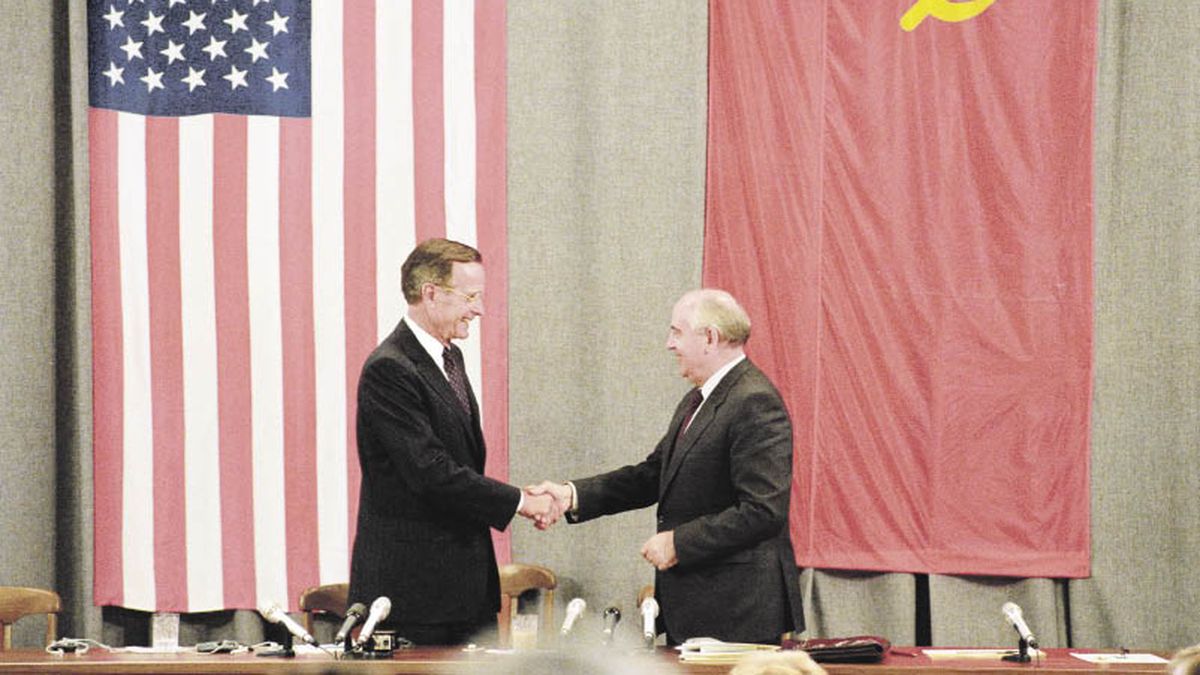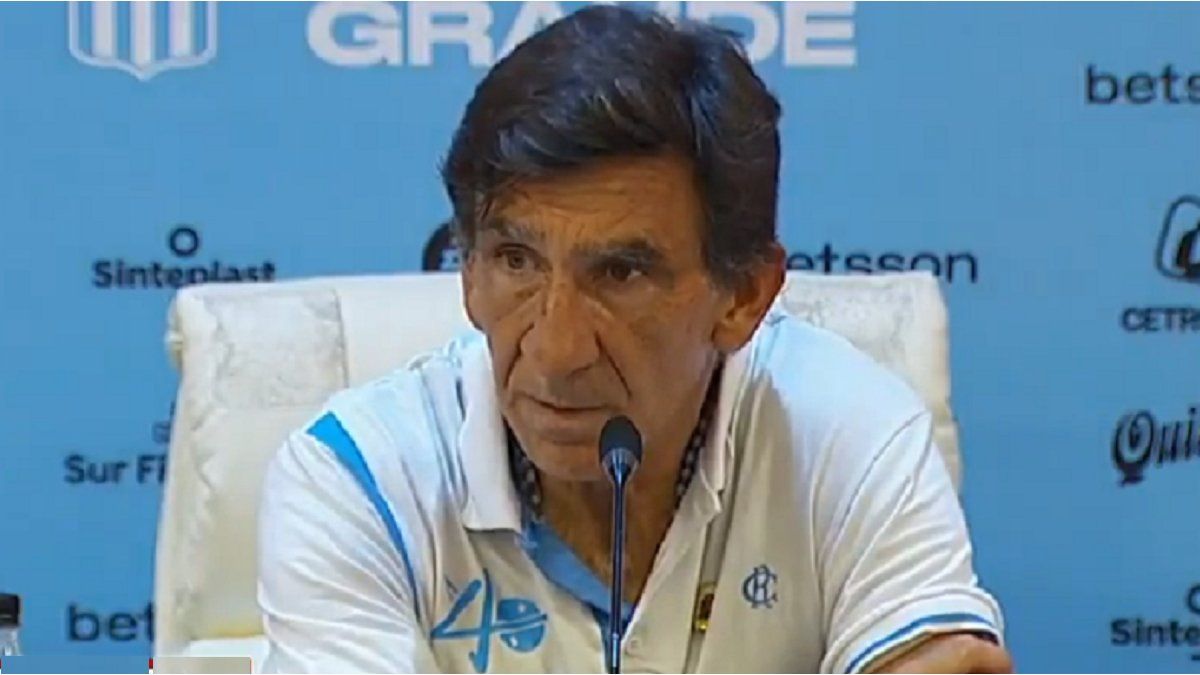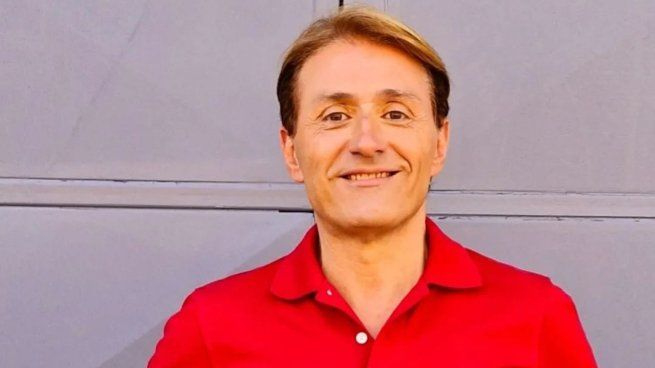In August 1991, he survived a coup by hardliners that collapsed within three days, but his authority was fatally undermined. Four months later, his great rival, Russian President Boris Yeltsin, organized the disintegration of the Soviet Union and Gorbachev was out of a job.
After decades of tension and confrontation during the Cold War, Gorbachev reached agreements on nuclear weapons with the United States and brought the Soviet Union closer to the West than ever since before World War II.
However, he saw that legacy shattered in the last months of his long life, when President Vladimir Putin’s invasion of Ukraine brought Western sanctions down on Moscow, and politicians in both Russia and the West began to speak openly of a new Cold War and the risk of a Third World War.
The former farmworker, who spoke with a southern Russian accent and had a distinctive burgundy birthmark on his head, launched his bold program shortly after winning a power struggle in the Kremlin in 1985, aged 54.
Television broadcasts showed him besieged by workers in factories and farms, allowing them to vent their frustrations with Soviet life and advocate radical change.
Gorbachev inherited a land of inefficient farms and decaying factories, a state-run economy that he believed could only be saved by open and honest criticism, which had so often landed him in prison or the labor camp in the past. He was a bet. Many hoped that it would go wrong.
With his smart and elegant wife Raisa at his side, Gorbachev initially enjoyed massive popular support.
Moscow squares were abuzz with impromptu discussions, censorship all but evaporated, and even the holy Communist Party was forced to confront its Stalinist crimes.
The West was quick to appreciate Gorbachev, who had made a meteoric rise through the party’s regional ranks to the post of general secretary. He was, in the words of British Prime Minister Margaret Thatcher, “a man we can do business with.” The term “Gorbimania” entered the lexicon, an expression of the adulation it inspired on foreign travel.
Gorbachev struck up a warm personal relationship with Ronald Reagan, the right-wing American president who had called the Soviet Union “the evil empire.” With him, he negotiated a historic agreement in 1987 to scrap intermediate-range nuclear missiles.
In 1989, he withdrew Soviet troops from Afghanistan, ending a war that had killed tens of thousands of people and soured relations with Washington.
That same year, when pro-democracy protests spread across the communist states of Poland, Hungary, East Germany, Czechoslovakia, Bulgaria and Romania, the world held its breath.
INTER – P16 RUSSIA-GO_opt1.jpeg
Many pressured Gorbachev to use force. The fact that he did not do so may have been his greatest historical contribution, recognized in 1990 with the award of the Nobel Peace Prize.
Years later, Gorbachev said that the cost of trying to prevent the fall of the Berlin Wall would have been too high.
“If the Soviet Union had wanted to, there would have been none of that and there would have been no German unification. But what would have happened? A catastrophe or the Third World War”.
In 1990, Gorbachev was elected the first and last president of the Soviet Union, but within months he was faced with a revolt by hard-line communists.
An August 1991 coup failed but it was defiant Boris Yeltsin who took on the rebels and became a national hero, while Gorbachev remained under house arrest in Crimea.
Shortly after, the Soviet Union disappeared and with it Gorbachev’s power.
On December 25, 1991, the red flag was lowered for the last time in the Kremlin and Gorbachev appeared on national television to announce his resignation. Free elections, a free press, representative legislative assemblies and a multi-party system became a reality under him, he said.
“We opened ourselves to the world, we renounced interference in the affairs of other countries and the use of troops beyond our borders, and we were received with trust, solidarity and respect.”
With his Nobel Prize in hand and his star reputation abroad, Gorbachev gradually embarked on a second career. He made several attempts to found a social democratic party, opened a study center – the Gorbachev Foundation – and co-founded the newspaper Novaya Gazeta, critical of the Kremlin to date.
In 1996, he tested his popularity by running for president. But Yeltsin won overwhelmingly, and Gorbachev got a dismal 0.5% of the vote.
Increasingly fragile in his later years, Gorbachev spoke out to express concern about rising tension between Russia and the United States, and warned against a return to the Cold War he had helped end.
“We have to continue the course we have charted. We have to ban war once and for all. The most important thing is to get rid of nuclear weapons,” he said in 2018.
His tragedy was that in trying to redesign an ossified, monolithic structure to preserve the Soviet Union and save the communist system, he ended up presiding over the demise of both. The world, however, would never be the same again.
Source: Ambito
David William is a talented author who has made a name for himself in the world of writing. He is a professional author who writes on a wide range of topics, from general interest to opinion news. David is currently working as a writer at 24 hours worlds where he brings his unique perspective and in-depth research to his articles, making them both informative and engaging.




